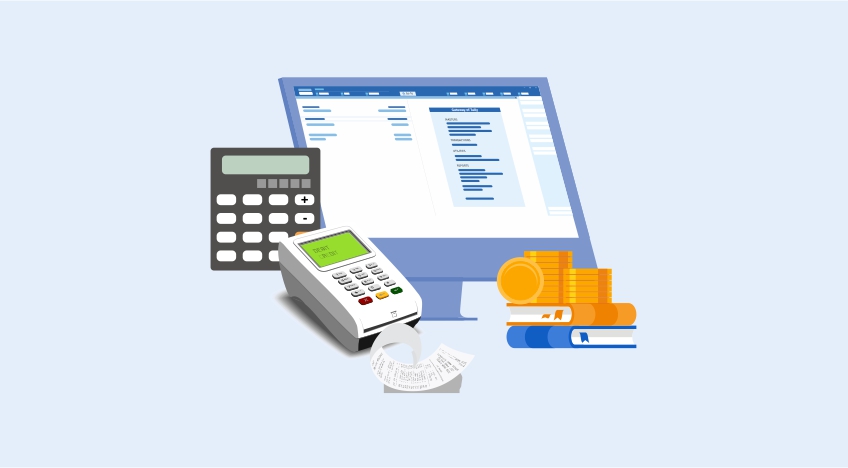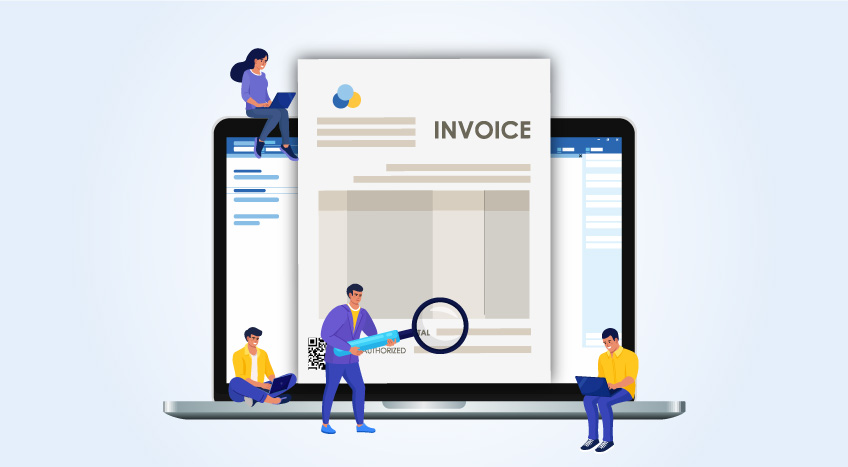As a new business owner in Kenya, navigating the landscape of tax compliance can be a daunting task.
One of the critical steps in ensuring your business stays compliant with the Kenya Revenue Authority (KRA) regulations is through the proper use of an Electronic Tax Register (ETR) device. ETR devices are essential for monitoring sales and VAT obligations, making them indispensable for businesses. With various types available, choosing the right one can significantly impact your operations.
The Kenya Revenue Authority recognizes four main types of ETR devices:
Type A devices
These are basic ETR machines designed for low transaction volumes. They are simple to use and are primarily aimed at issuing tax invoices and daily sales reports. This will be suitable for small business entities whose record keeping is manual and those who do sales on the move, e.g. van sales since the ETR is portable
Type B devices
Type B devices offer more features than Type A. They can connect to computers, support the use of external printers, and have the capability for electronic fiscal memory backup. Suitable for suitable for retail outlets and shops using point-of-sale terminals.
|
Streamlining Operations: How the Best Business Management VAT Software Boosts Efficiency in Kenya |
TallyPrime’s Flexible Voucher Numbering Capabilities for Accurate Recordkeeping |
Type C devices
These devices are advanced and designed for high transaction volumes. Type C devices come with integrated real-time connectivity to the KRA systems, allowing for instant tax compliance reporting and verification. They are also capable of handling multiple payment methods and can integrate with business management software. They are suitable for businesses that have automated their operations using accounting software/ billing systems/ERPs .
Type D devices
Type D devices are specialized ETRs tailored for specific sectors, such as petrol stations. They possess all Type C functionalities but are customized for the unique needs of certain industries.
Determining the right ETR device for your business
Choosing the right ETR device is essential for new businesses in Kenya, aiming for smooth operations and compliance with the Kenya Revenue Authority (KRA). Among the various types available, Type C ETR devices are suitable for businesses that are using either business/accounting software or billing systems.
Real-time KRA connectivity: Ensures compliance with the Tax Invoice Management System (TIMS), facilitating direct transaction reporting.
Flexible payment processing: Accommodates different payment methods, catering to customer preferences.
Integration with business management software: Compatible with accounting or ERP software like TallyPrime, enhancing operational efficiency.
Detailed reporting: Supports informed decision-making with insightful business reports and comprehensive transaction insights.
Type C devices are not just about compliance; they're an investment in your business's future, equipped to handle upcoming regulatory changes with advanced features like real-time data transmission.
Choosing a Type C device positions your business for growth and adaptability, ensuring you're prepared for whatever lies ahead. You can find the list of approved ETR suppliers on the KRA website and get in touch with them.










